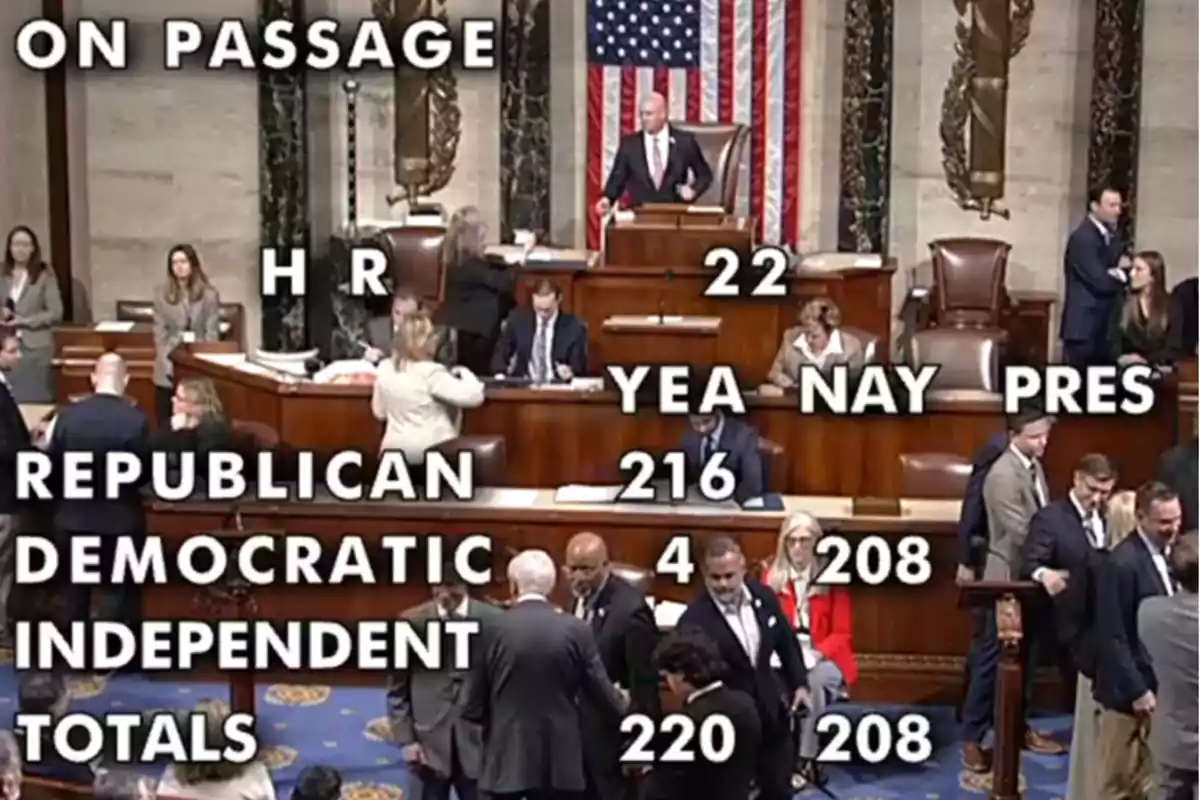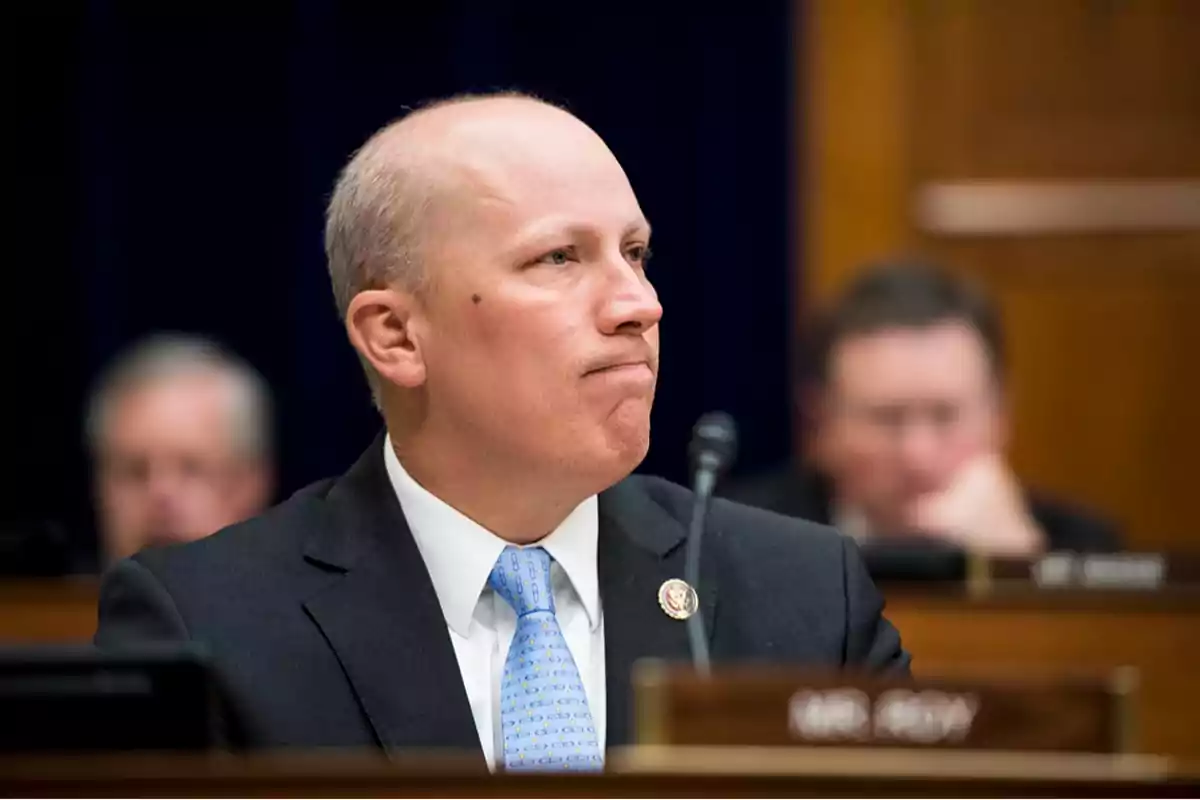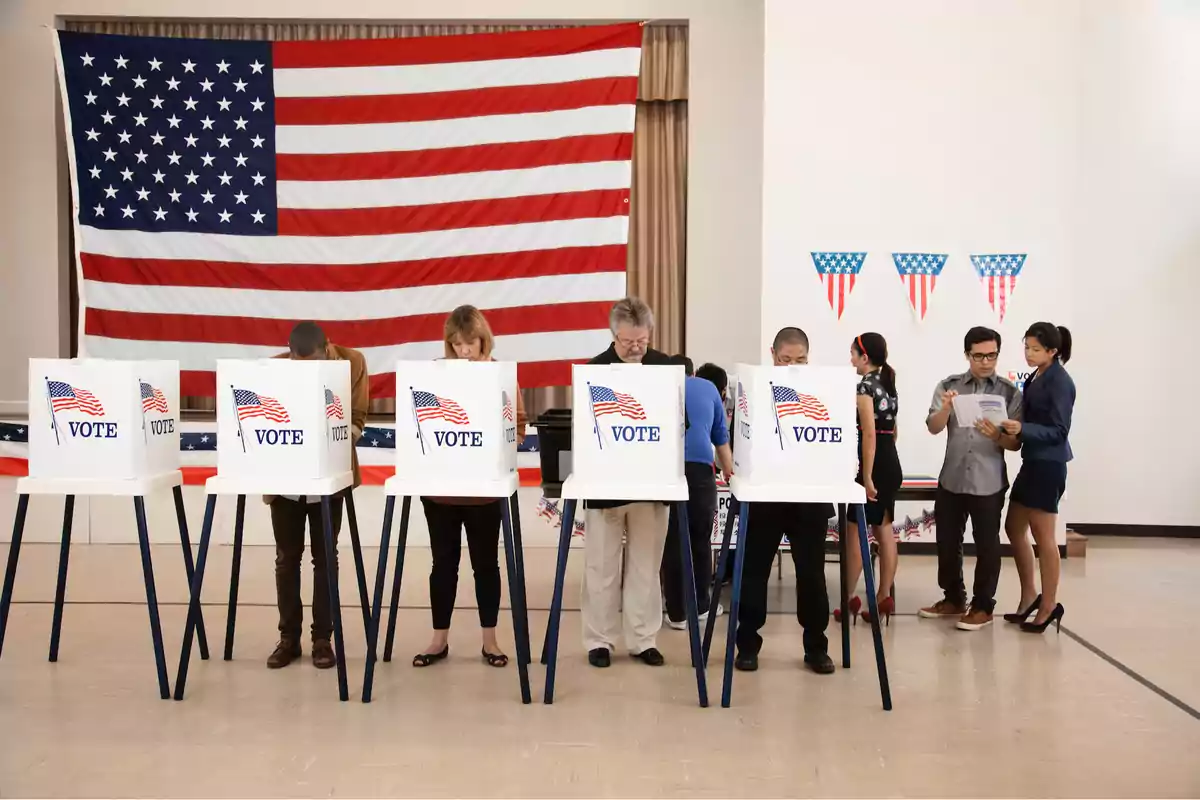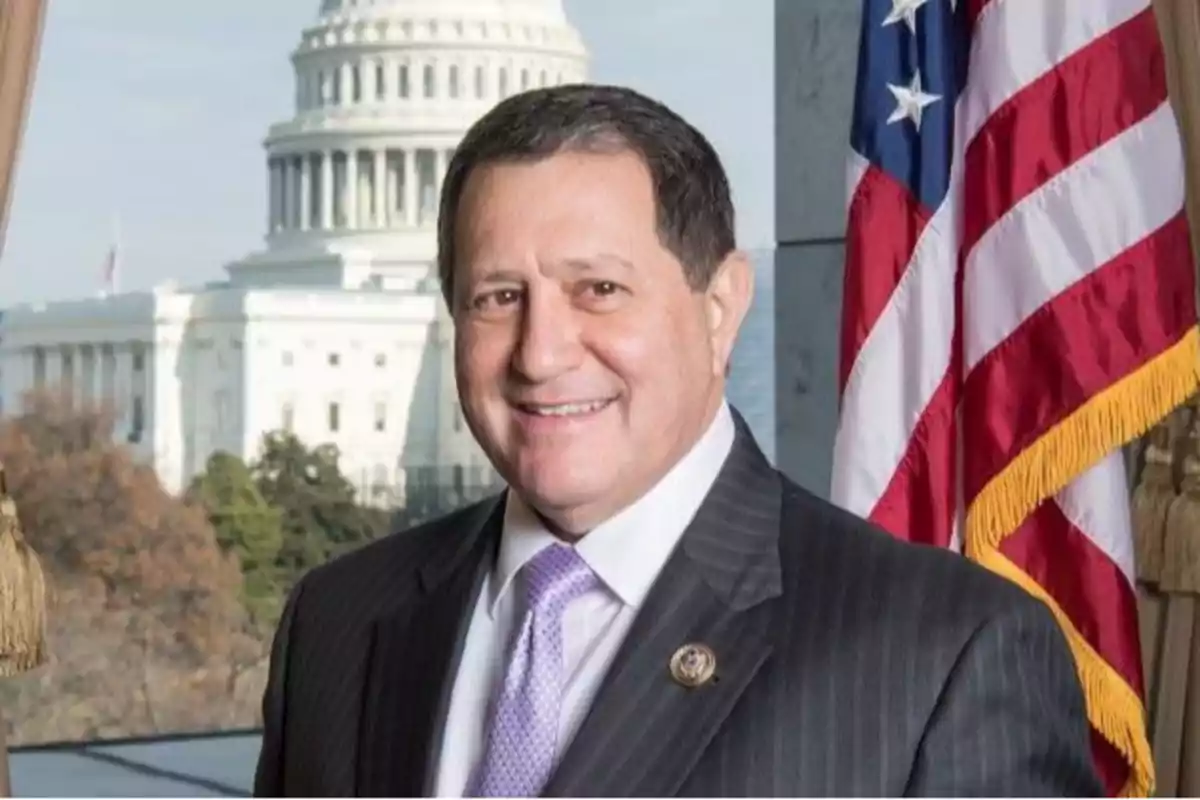
The US Congress passed a law requiring identification in elections
The United States Congress approved the project called 'SAVE Act' that requires voters to verify their identification
The United States House of Representatives approved the Safeguarding American Voter Eligibility Act (SAVE Act) on Thursday, an excellent proposal backed by former President Donald Trumpthat requires proof of citizenship to register and vote in federal elections.
The vote was 220 in favor and 208 against, with unanimous support from the Republicans present and four Democrats.
The bill was introduced by Representative Chip Roy (Republican from Texas) and seeks to amend the National Voter Registration Act, establishing that states must verify in person the citizenship of those registering to vote.

Additionally, the measure requires states to implement programs to remove undocumented immigrants from voter rolls, and includes provisions for U.S. citizens to sue election officials who do not comply with citizenship verification requirements.
Roy stated that the goal of the bill is to restore public confidence in the electoral system: "To preserve this republic, we must defend what it means to be able to vote in an American election," he declared.
He also emphasized that the law is a direct response to what Republicans and the public consider a threat to electoral integrity, especially after what they describe as "four years of massive illegal immigration under the Biden administration."

Democratic opposition harshly criticized the bill, arguing that there is no evidence of a systemic problem of non-citizen voting in federal elections.
They reminded that it is already illegal for non-citizens to vote and that federal voter registrations require voters to swear under penalty of perjury that they are U.S. citizens.
Democratic Representative Joe Morelle (New York), a prominent member of the House Administration Committee, incorrectly labeled the law as "one of the most damaging voter suppression bills in modern history."
He pointed out that "vulnerable groups" such as women, people of color, and military members could be the most affected, as not everyone has easy access to identification documents.

Democratic Representative Suzanne Bonamici (Oregon) added that immigrants attempting to register illegally face severe penalties, including deportation and up to five years in prison, making such cases very rare.
Although voting is regulated at the state level, the SAVE Act would bring the requirement of proof of citizenship to the federal level, standardizing requirements nationwide. Currently, 36 states require some form of identification to vote, but not all require documentary proof of citizenship.
In the past, courts have blocked state laws requiring proof of citizenship to vote in federal elections, considering these measures may be unconstitutional or discriminatory.
The law also would allow citizens to sue election officials who do not implement the established controls, a provision that could open the door to widespread litigation and political disputes during the electoral process.

The future of the bill in the Senate is uncertain. Although Senator Mike Lee (Republican from Utah) introduced a complementary version of the bill, 60 votes are needed for its approval, which means that at least some Democrats must join the 53 Republicans. So far, Lee's proposal has 20 co-sponsors, all Republicans.
Despite Democratic resistance, recent polls indicate broad public support for similar measures. According to a Gallup poll prior to the 2024 elections, 84% of respondents support requiring photo ID to vote, and 83% are in favor of requiring proof of citizenship to register for the first time.
The bill gains relevance in an election year in which the Republican National Committee (RNC) has prioritized "electoral integrity" as one of its central themes.
Trump has been a strong advocate of the bill, even organizing a press conference at Mar-a-Lago with House Speaker Mike Johnson to reaffirm the Republican Party's support for the SAVE Act.

More posts: